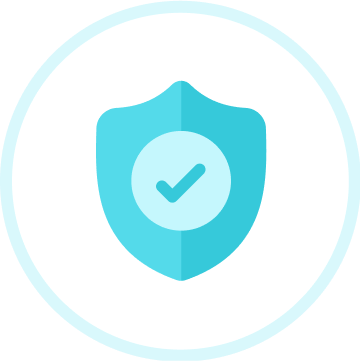


Consider making a donation an AngeLink fundraiser for wildfire relief. Your contribution can have a profound impact on the lives of individuals and communities affected by devastating wildfires.
Make sure to include the following in your AngeLink fundraiser description:
Who you’re raising money for?
How they’ve been directly affected by this tragedy?
Where they’re located?
How they’ll use the funds raised?
Please note that if you’re raising funds for someone else, you may be responsible for personally transferring funds raised to the beneficiary. If so, describe how funds will be delivered to the beneficiary.
*AngeLink currently operates in the U.S.A and does not accept donations or fundraisers launched by individuals from locations outside of the U.S.A.
Wildfires affect everyone. These dangerous fires can spread quickly and devastate not only wildlife and natural areas, but also communities. More people are living in areas at risk for wildfires, but we can take action to prepare.
Gather food, water, and medicine. Assume that stores and pharmacies might be closed. Organize supplies into a Go-Kit and a Stay-at-Home-Kit.
Above information from redcross.org & ready.gov/wildfires

The AngeLink community comes together to support others in times of need.

Simple to set up, easy to use, 24/7 Customer Love Support.

Patent-pending technology, ingenious algorithms
Start an AngeLink fundraiser to get the help you need for yourself or others in the aftermath of a wildfire. We’re here to lift you up when you need it most.